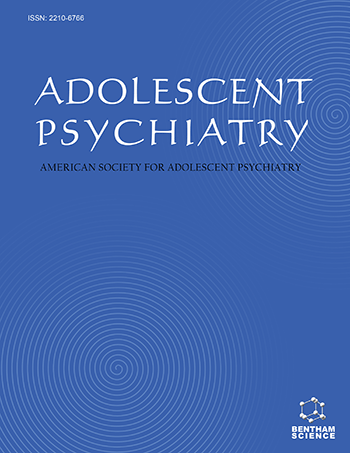Abstract
Background: The number of medical marijuana patients is increasing. This increase raises important concerns about how medical marijuana use may affect parenting.
Methods: Thirty-two adult medical marijuana patients participated in focus groups. The focus groups were audio-recorded and transcribed. The transcriptions were coded by a team that met regularly to resolve coding differences. Codes related to parenting were used to develop a conceptual model for this manuscript.
Results: Six of 11 participants who identified being parents reported that using marijuana helped them to be calmer with their children and to manage difficult emotions related to parenting. At the same time, most medical marijuana patients did not want their children to use marijuana. Their concerns about their children led to different strategies related to storing medical marijuana securely and how to communicate with children about medical marijuana use.
Conclusions: These findings show that many medical marijuana patients are concerned about their children using marijuana and may be open to strategies to addressing this issue with their children. These findings also show that some medical marijuana patients may benefit from alternative strategies for managing difficult emotions related to parenting.
Keywords: Adolescents, marijuana, medical, parenting.



























